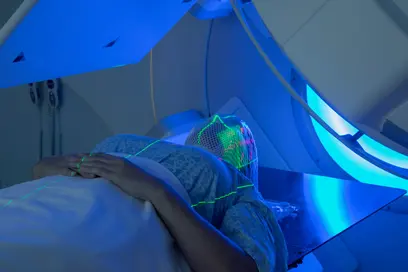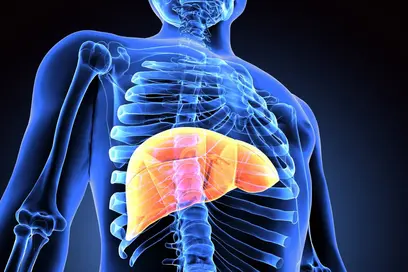When investigating cancer cells, researchers discovered numerous peculiarities: Particular RNA molecules are present in large numbers, particular genes are overactive. Do these characteristics have a relation to cancer? Do they promote cell growth? Do they inactivate growth brakes or are they just a whim of nature? To find clues for answering these questions scientists perform what are called loss-of-function analyses. They knock out (silence) the gene of interest in living cells or whole organisms and subsequently look for any changes in the cells’ metabolism, physiology or behavior in order to find out whether specific cellular functions are lost.
“However, what was still missing was a method for selectively silencing those genes that do not code for proteins," said Dr. Sven Diederichs, who is head of a Junior Research Group at DKFZ and at the Institute of Pathology of Heidelberg University. With his team, the molecular biologist has now developed a new method for selectively silencing such non-protein-coding genes and, thus, determining their function. “In many cancers we find that specific non- coding genes are particularly active. Therefore, we want to understand what the RNA molecules transcribed from these genes bring about in the tumor cells."
Diederichs and his team have based their method on the use of zinc finger nucleases. These are engineered protein molecules that cut DNA at precisely defined sites and thus facilitate specific targeting and cutting of genes. Although the cell’s repair machinery will re-connect the two ends after the cutting process, silencing works well for protein-coding genes. The repair enzymes usually do not repair the site precisely and insert small defects. This destroys the protein information so that the proteins can no longer be formed.
For non-protein-coding genes, however, such small defects are not relevant. Therefore, mere cutting does not bring the desired result. The repair process simply results in another functioning gene that is transcribed into RNA molecules. The Heidelberg researchers therefore used a trick: The repair proteins are also able to integrate small DNA segments when mending the two ends. Therefore, the molecular biologists integrated a signaling sequence at the site where the gene was cut. This sequence causes the RNA transcript of this gene to be broken down at once so that it is not available for any cellular functions. The resulting changes in cellular biology can then be analyzed comprehensively.
“We are now able, for the first time, to completely silence the non-protein-coding genes and thus study their molecular and cellular functions,“ said Sven Diederichs when explaining the goal of his research approach. “It is very likely that these genes play an important role in cancer development. We are sure it is not by chance that they are so very active particularly in tumor cells.
Tony Gutschner, Marion Baas and Sven Diederichs: Non-coding RNA Gene Silencing through genomic integration of RNA destabilizing elements using Zinc Finger Nucleases. Genome Research 2011, Doi:10.1101/gr.122358.111



